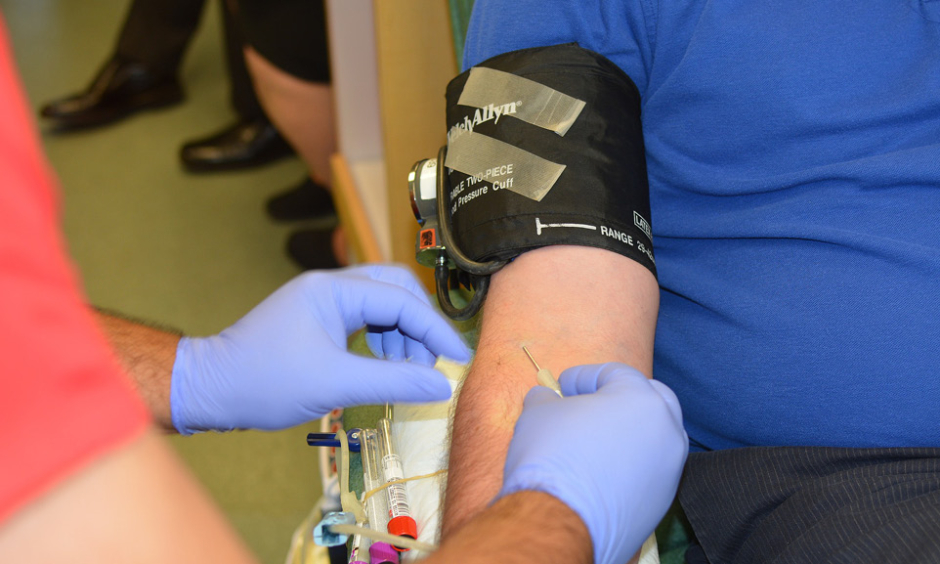BLOOD could become far more accessible following the discovery of a group of enzymes that are able to turn any type of blood into type O, which can be used in any individual requiring a donation. The study, by researchers from the University of British Columbia, British Columbia, Canada, opens up the possibility of greatly expanding the number of blood donors as well as making blood matching safer and easier.
Expanding Global Blood Supply
“Expanding global blood supply is critical in light of growing populations and the frequency of natural disasters,” commented lead researcher Prof Stephen Withers, University of British Columbia. “Our hope is that one day we can eventually render any type of donated blood, tissues, or organs safe for use by anyone regardless of their native blood type.”
The team found that enzymes located in the mucosal lining of the human gut are capable of removing antigens from blood, effectively rendering it as type O. Antigens on the surface of red blood cells determine the blood type people have, with type A having the A antigen, type B the B antigen, and type AB having both antigens; in contrast, type O has no antigens.
“Antigens can trigger an immune response if they are foreign to the body, so transfusion patients should receive either their own blood type or type O to avoid a reaction. That’s why O blood is so important,” explained Prof Withers.
The researchers previously developed enzymes capable of modifying blood in this way, but these new enzymes were shown to be able to undertake the task far quicker.
Located in the Human Gut
In the study, a technique called metagenomics was used to sample DNA from millions of micro-organisms in environmental samples. The aim was to locate an environment in which such enzymes would be found. This led the team to focus on the mucosal lining of the human gut as it contains sugars that have a similar structure to blood antigens.
They then isolated the enzymes that bacteria use to remove these sugar molecules. Finally, the scientists created a number of these enzymes through cloning, before observing their ability to remove antigens from the blood.
The team now plan to test the enzymes on a larger scale in preparation for a clinical trial.
James Coker, Reporter
For the source and further information about the study, click here.








